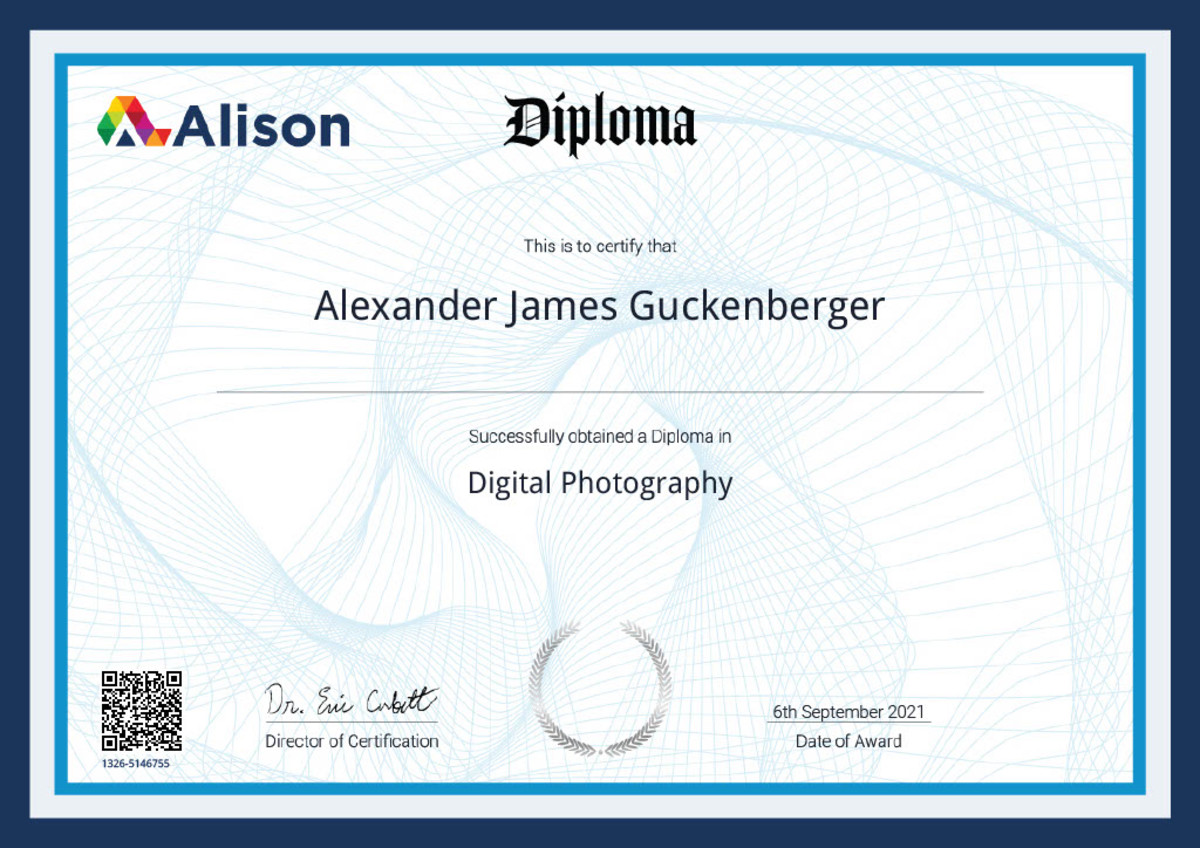Online TEFL Courses - A review of Internet-based teaching certificates
The Internet is awash with online TEFL courses for prospective and current English teachers. Are these sensible options at any stage of a teachers’ career? Tthis article should help potential applicants to these courses consider their options.
First Choice: Take the Certificate in English Language Teaching to Adults (CELTA)
Online options should really only be pursued when there are no alternatives. Observed practice is the best way to improve your teaching, so if you can afford to take a one-month CELTA course before you begin teaching, then do so. If not, then work for a couple of years and then consider it again. The other option is the Trinity CertTESOL, which is validated by Trinity College, London, and also widely recognized and well regarded. The earlier you take one of these courses the better, as some employers – for example the British Council – hire for desirable jobs based on “post-qualification experience.” In other words, if you worked in English teaching for five years then undertook a recognized course before working for another year, you would not qualify for a job which required what they consider “two years’ teaching experience.”
Online initial TEFL training
However, for many people, taking a month out and spending upwards of $2000 is not an option, which leads to the consideration of online alternatives. There are two ways to assess any online TEFL course. First, will I learn anything useful? If you struggle to learn from books and prefer to study more interactively, then an online initial teacher training course might be a good way to learn the basics in a relatively painless way. Second, how will this be seen by employers? The answer to this question is less encouraging. In reality, they are not likely to take any online initial training seriously, and over-egging its value could even hurt your application.
For this reason, prospective applicants need to consider their reasons carefully. If, for example, you are planning to work as a volunteer teacher and have neither the time nor money to embark on a CELTA, then why not consider a cheap online course purely to develop your skills and knowledge? If you’re looking to compete with other graduates for teaching posts in desirable areas and think an online course will help you, then you are probably mistaken. Just to illustrate, after about two seconds of searching jobs at www.tefl.com, I was able to find this
Applicants with only weekend TEFL courses or online courses will not be considered.
Nevertheless, online options are cheap. LinguaEdge, for example, offers a 50 hour online course for $150. i-toi, a rival company, offers 40 hour courses for $168. They’re not only reasonably priced, but allow you to carry on working as you undertake them in your spare time. Most organizations boast some kind of professional accreditation from a body like the International TESOL Accrediting Authority. However, do not expect this to carry any weight with employers. With all due respect to the work of these private authorities, they simply do not have enough brand recognition among employers in this chaotic and globally scattered industry. Everybody, by contrast, has heard of the CELTA and its awarding body – the University of Cambridge.
An online Masters degree
An online Masters degree is the big exception to the above rule. However, these usually require that you have been teaching English for a minimum of two years, and often that you already possess a a CELTA or Trinity qualification. Those considering this option should shop around internationally, considering only recognized universities with well-regarded education faculties. Consider taking advantage of favorable international exchange rates while searching. For example, English teachers in Japan would do well to study online at a British university because of the strong yen and near-collapse of sterling. A British Masters degree will probably cost between 3500 and 4500 pounds over three years. In 2007 that was around 875000 yen. Now it's closer to 550,000. There are sure to be other examples; keep an eye on the exchange rates at www.xe.com when you make your choice.
All distance learning courses suffer with high drop-out rates, so only the highly motivated should apply. One of the most important aspects of the university for you will be its electronic resources. Check out the library page of the institution’s website and browse its electronic resources catalog. If there are not literally thousands of journals available electronically, plus e-books and electronic newspaper archives then think again. Also, be sure to double-check that, as a part-time distance-learning student, you will have access to every online resource that a regular student has.
A Masters degree may help you make the step into university teaching, which for many is the ultimate goal. This qualification is, however, only likely to be taken seriously alongside extensive teaching experience. If, without experience, you can exaggerate, blag or even lie your way onto an online Masters course, you’re unlikely to be able to do the same to get a decent job!
Final thoughts on online TEFL training
In conclusion, there may be people out there who can benefit from online initial or continuing TEFL training courses. Do not expect too much from an online entry-level training course, however. While it may be useful and interesting in itself, the only online option likely to boost your career is a Masters degree. If you study at an accredited university then your MEd or MA certificate will not say “online” anywhere on it, and “a degree is a degree is a degree”, as someone probably says. Do what you can to get a CELTA or Trinity certificate as soon as possible, in order to give your English teaching career a solid foundation.








